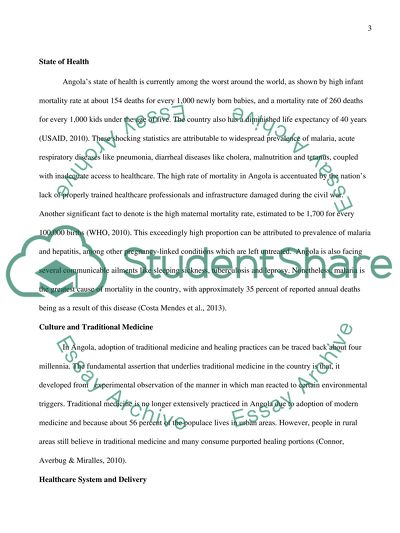Cite this document
(“COUNTRIES WITH HIGH ADULT AND CHILD MORTALITY RATES Essay”, n.d.)
COUNTRIES WITH HIGH ADULT AND CHILD MORTALITY RATES Essay. Retrieved from https://studentshare.org/nursing/1490716-countries-with-high-adult-and-child-mortality
COUNTRIES WITH HIGH ADULT AND CHILD MORTALITY RATES Essay. Retrieved from https://studentshare.org/nursing/1490716-countries-with-high-adult-and-child-mortality
(COUNTRIES WITH HIGH ADULT AND CHILD MORTALITY RATES Essay)
COUNTRIES WITH HIGH ADULT AND CHILD MORTALITY RATES Essay. https://studentshare.org/nursing/1490716-countries-with-high-adult-and-child-mortality.
COUNTRIES WITH HIGH ADULT AND CHILD MORTALITY RATES Essay. https://studentshare.org/nursing/1490716-countries-with-high-adult-and-child-mortality.
“COUNTRIES WITH HIGH ADULT AND CHILD MORTALITY RATES Essay”, n.d. https://studentshare.org/nursing/1490716-countries-with-high-adult-and-child-mortality.


